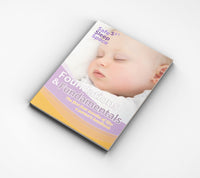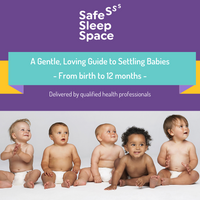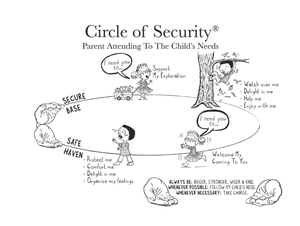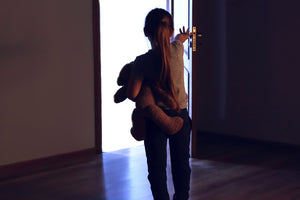How to Best Prepare Babies and Toddlers for Sleep at Childcare

Having a baby or toddler commence childcare marks a new stage of family life, one that usually takes quite some adjustment. For most parents, concerns about how their child will settle and sleep for their new caregivers is usually at the top of their list.
Below are some handy tips to help parents best prepare their child to successfully transition to sleeping at childcare.
1. Do the research
Most parents will have done much research on their selected childcare provider and centre and its suitability for their baby or toddler. It is however really important to also have a clear picture of how the centre settles children in their care. What does their nap routine look like? Where will the children sleep? Is the room dark or light? Do they play lullabies as they drift off to sleep? Who do they settle first? Introducing a similar naptime routine and environment at home can help the child feel more secure and safe in their new sleeping environment.
Another very crucial thing to find out about is the Centre’s Safe Sleep and Rest Policy. Parents should ask the staff to go through this with them so that they can be assured that their child will be sleeping safely at all times.
2. Be consistent
A child’s sleep pattern may vary from day to day and all children have their own individual needs. It is always best to look and respond appropriately to a child’s tired signs and use these cues to prepare the child for sleep. When it comes to settling a child to sleep, consistency is key. A child rarely responds well if the settling techniques used at childcare are different to those used at home. Parents and educators should work together to understand the child’s sleep patterns in relation to the sleep practices of the centre and collaboratively make any necessary adjustments.
3. Communicate with the centre
Most childcare centres will talk to parents at their first introductory session prior to the child commencing, to find out more about the child’s personality and their sleep habits. Provide the centre with as much information as possible. Does the child like to be patted or rocked? Or do they like to have their back rubbed? Do they like a story before bedtime? Or a bottle? How do they generally wake up? If the child relies on a dependent sleep association – such as rocking or feeding to sleep – this is the perfect opportunity for parents to benefit from the educator's knowledge and work with them to make changes and perhaps transition the child to an independent sleep association.
Going forward, share information with the caregivers on a daily basis! We encourage parents to work collaboratively with their child’s carers, let the centre staff know about how their baby slept overnight – a disturbed night time sleep might indicate a need for an earlier nap. The more the staff know, the better they will be equipped to ensure that the child feels safe and secure.
4. Arrange visits in advance
Many childcare centres have an orientation program where parents can drop into the centre with their child for a couple of hours. This is a great opportunity for parents to help their little one get familiar with their new carers and environment. If possible, we’d also encourage parents to arrange a short visit that coincides with a nap time so they can let their baby or toddler practice settling into their new environment.
5. Provide familiar sleeping aids
Parents may want to provide the centre with a familiar item from home that could assist the child to sleep. A sleeping bag or small soft toy may help the child feel more settled. Small soft toys should only be used for babies older than 7 months.
Cindy Davenport is a child and family health nurse, midwife and lactation consultant, and has worked in the early parenting field since 1998. She is the Co-Director of Safe Sleep Space, an early parenting consultancy specialising in sleep and settling of infants and toddlers. The organisation promotes a gentle and nurturing approach sleep and settling, with an emphasis on caregiver interaction, the child’s social-emotional and an understanding that every infant toddler and parent is unique.
If you would like help with your baby or toddler’s sleep, book a telephone sleep consultation today!
Help with looking after your baby
The NourishBaby - Guide to Babies - is an online program that you can view in your own time. The Guide to Babies helps you to understand and care for your baby and covers key milestones, sleep and settling advice and baby development. There is a section on real parents sharing their experience of adjusting to parenthood.
Many parents have reduced sleep when a new baby arrives. The Safe Sleep Space website has a variety of resources and supports to provide tips and advice on how to assist your baby with sleep. You can also book a phone consultation to speak with a Sleep Consultant.
Other blog posts you will find helpful:
When is it time to get help for my child's sleeping?
Why is infant mental health so important when it comes to sleep?
Amber beads. Why they're really not a good idea.
Why is my baby noisy when they sleep?
Our qualified sleep consultants will work with you to help you get a better understanding of your child’s needs, cues and capabilities, then empower you with step-by-step and workable strategies for creating an emotional and physical safe sleep space.








